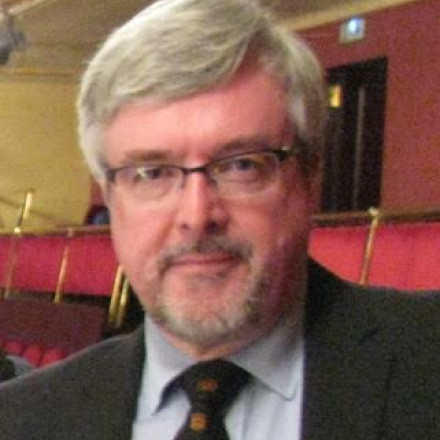Science and Religion: towards a fresh engagement
A REMARKABLE phenomenon of recent decades has been the propagation of the idea that ‘science’ and ‘religion’ must be thought of in terms of rivalry and disagreement, to the extent that some have even maintained them to be fundamentally incompatible.1 However, the idea that religion and science are, of necessity, mutually antagonistic is a myth. It is, to be sure, a myth which runs deep in western society today; indeed, as one scholar has put it, “The secular public, if it thinks about such issues at all, knows that organised religion has always opposed scientific progress ... the religious public knows that science has taken the leading role in corroding faith”. Now it is, of course, the case that some forms of religious expression (notably, in the west, certain kinds of conservative Protestantism) pit themselves against some forms of science; and, similarly, some scientific commentators, notably those espousing a metaphysical position which is known as scientism – see later - pit themselves against religious belief. However, these groups should in neither case be seen as espousing views which religious or scientific practitioners are obliged to uphold. There is nothing that is essential to the practice of either religion or science that precludes the other. This should not surprise us. A moment’s reflection enables us to see that ‘religion’ is a very wide-ranging, blanket term which covers ways of living that may or may not involve (for example) belief in a God or gods, ritual practices and observances, the use (in a variety of ways) of texts accorded sacred status, and so on. Similarly, ‘science’ is generally reckoned to involve fields of study as diverse as particle physics and palaeontology (let alone those social sciences which seek to understand all aspects of human life, including religious behaviour). what, if anything, these disparate pursuits might have in common – whether, for example, they all subscribe to some ‘scientific method’, and if so what that method looks like – is much discussed.
* Full article available in printed copies.

Michael Fuller
is a Teaching Fellow at New College, University of Edinburgh., Chair of the Science and Religion Forum and Vice-President for Publications of the European Society for the Study of Science and Theology. He is a noted writer on the interaction between science and religion.